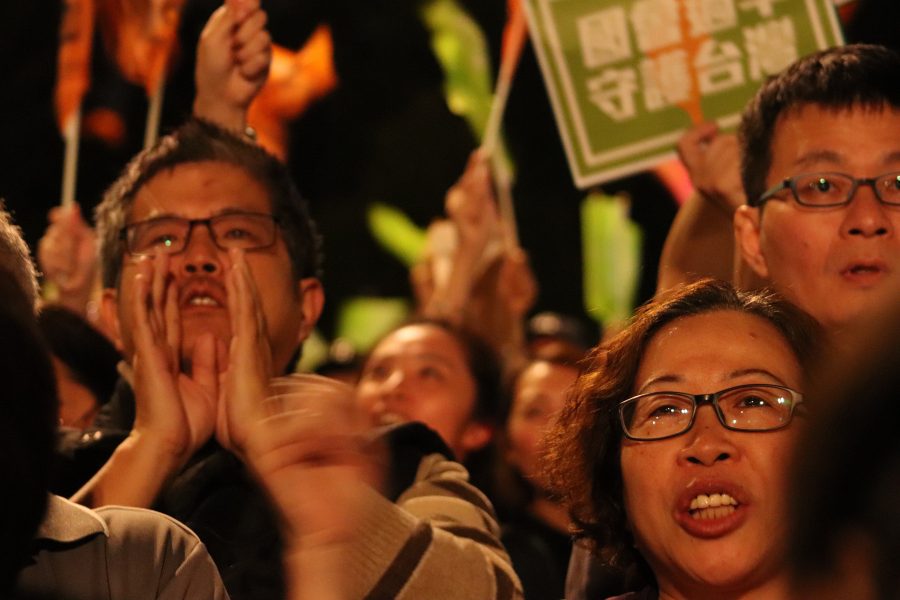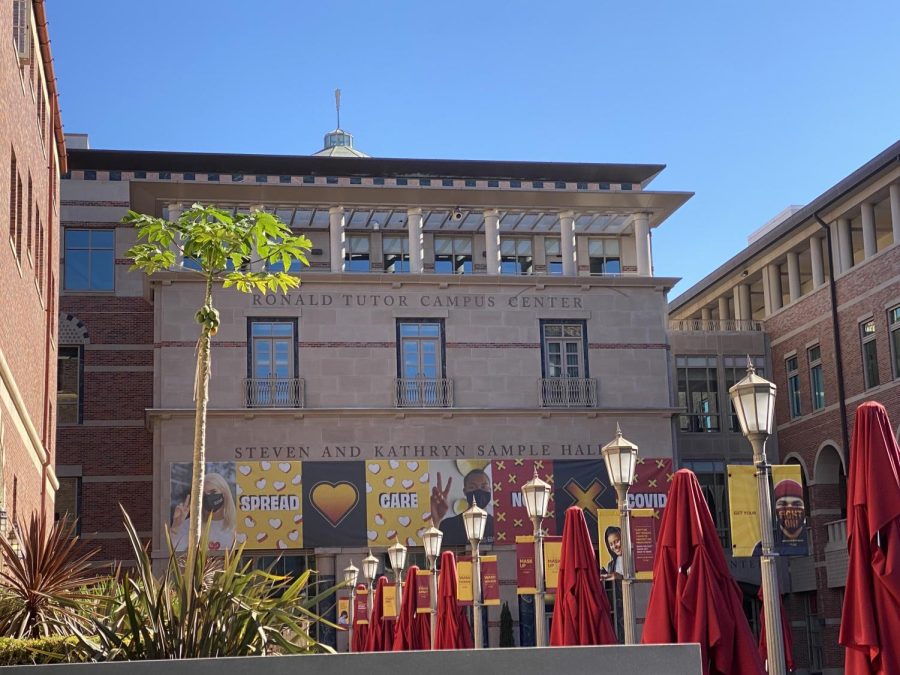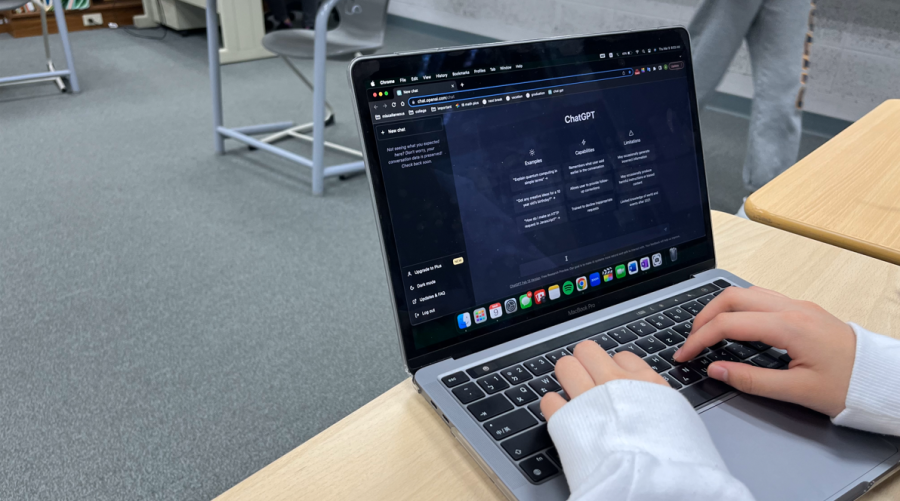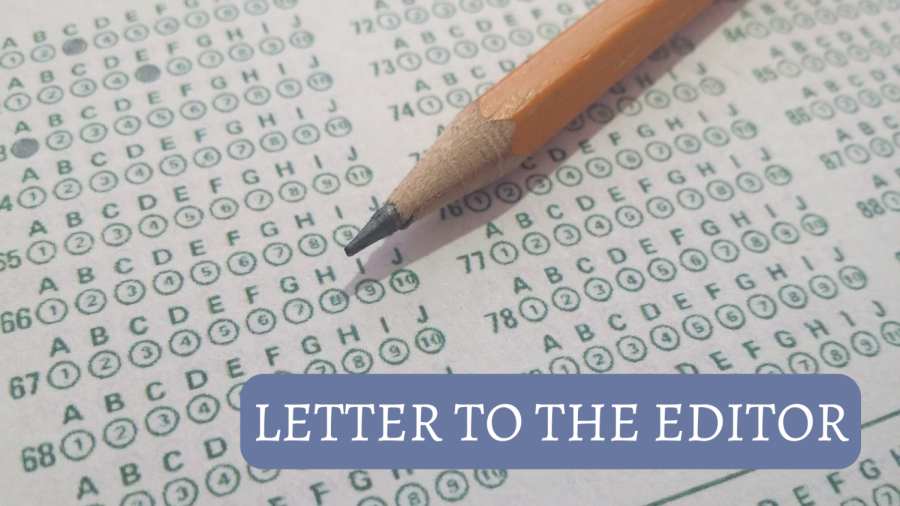In the 2018 midterm election, support for Democratic Progressive Party was sluggish due to a perceived stagnant economy and the prospect of incumbent president Tsai Ing-Wen winning the re-election was low. DPP lost control of many traditionally green cities such as Kaohsiung, and Tsai resigned from her position as party chair. Yet, on Jan. 11, 2020, less than two years later, Tsai secured her second term in the presidential election with 8.17 millions votes, more votes than any other presidential candidates has ever had in Taiwan. So what changed since 2018?
Historically, the DPP has never recognized the “one China” policy; Traditionally, it has taken a pro-independence stance against China. On the contrary, the KMT, China’s former ruling party that fled to Taiwan in 1949 after the defeat in the Chinese civil war, holds that Taiwan is part of “One China” but what that term means is up to interpretation in accordance with the Consensus of 1992.
Once again, China became a prominent factor in determining the outcome of the election, especially due to the violence and unrest in Hong Kong in recent months. Ever since the territory’s return to Chinese control in 1997, the “one country, two systems” framework, a framework originally designed for Taiwan by PRC leader Deng Xiaoping in the 80s, has been implemented to maintain Hong Kong’s sense of freedom. However, many residents in Hong Kong have found disagreeable the rising housing prices and the changing tourism industry due to the influx of Chinese investors and tourists.
To make matters worse, a now-withdrawn extradition bill sparked months of violent protests on the streets of Hong Kong over the past six months. Both protesters and policemen suffered injuries and a growing sense of unrest and distrust continues to permeate the city. The slogan “Today, Hong Kong; tomorrow, Taiwan” became a rallying cry that resonated with many Taiwanese people to support Tsai’s stance against closer ties to the mainland and also show camaraderie with Hong Kong’s anti-government protesters. This, in combination with PRC President Xi Jingping’s call for Taiwan and China to engage in talks on unification and the implementation of “one country, two systems” in January, 2019, led to fears of Taiwanese people facing the same future as Hong Kong.
The shift in attitude for President Tsai and DPP quickly changed from anger and disappointment during the first two years of her presidency to a fear for Taiwanese future . As a result, her campaign often urged voters to safeguard democracy in Taiwan through her re-election.
On the other hand, a year ago Kuomintang (KMT) presidential candidate Han Kuo-yu was seemingly invincible after winning the mayorship of Kaohsiung as the first KMT politician to do so since 1998. His campaign focused on improving the stagnant economy and won much goodwill, but his decision to run for president within a year of his winning the mayorship alienated many of his supporters. At the same time, a contentious primary and political in-fighting cause disunity within the KMT as his campaign gained traction, , leading to the downfall of his popularity amongst the citizens of Taiwan.
President Tsai’s record breaking landslide win highlighted the voters’ antipathy towards China. This win would surely further impact cross-strait relations. Throughout Tsai’s first term, Taiwan has lost a total of 7 diplomatic ties and the number of countries with diplomatic relations to Taiwan dropped from 25 to 17. China could continue to decrease this number by creating economic incentives for other countries to break away from Taiwan. In addition, China may also continue to pressure Taiwan economically by placing sanctions on tourism, trade, business, et cetera. Still, according to President Tsai, this victory is also a declaration of Taiwan’s determination to protect its de facto independence and democracy against communist China.


![The snack bar serves different lunch
boxes everyday. [AIDEN SHEN/THE BLUE & GOLD]](https://blueandgoldonline.org/wp-content/uploads/2023/12/Price-849x1200.jpeg)
![The live-action remake of Snow White from Disney is projected to release in March of 2024. [LOGO COURTESY OF THE WALT DISNEY COMPANY/WALT DISNEY].](https://blueandgoldonline.org/wp-content/uploads/2023/11/unnamed-1200x848.png)



